Numerous setbacks have hindered Ron DeSantis’ ambitious rebranding of Florida’s higher education. At Sarasota’s New College and the University of Florida, significant disagreements have arisen as a result of his conservative opposition to “woke” ideologies.
Recent events show how difficult it is for DeSantis to implement his vision without facing opposition from students, staff, and the community as a whole.
“Hostile Takeover”
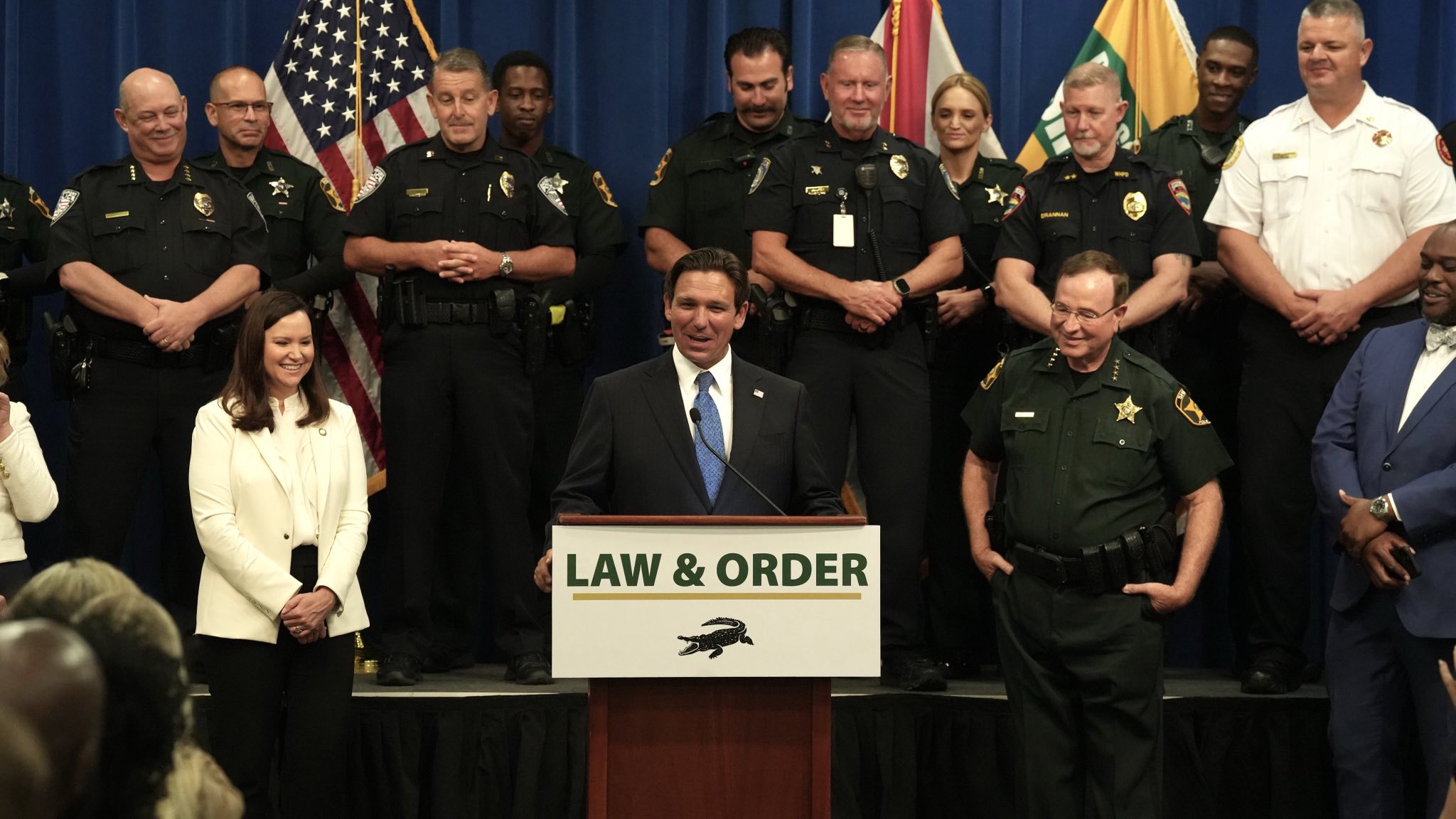
Under DeSantis’ administration, New College in Sarasota, which was once known for its liberal arts education, underwent a significant transformation.
In an effort to transform the college into a conservative institution, the governor appointed six allies from the far right to its board in January 2023. The academic community and students immediately reacted negatively to this “hostile takeover.”
Books Removed
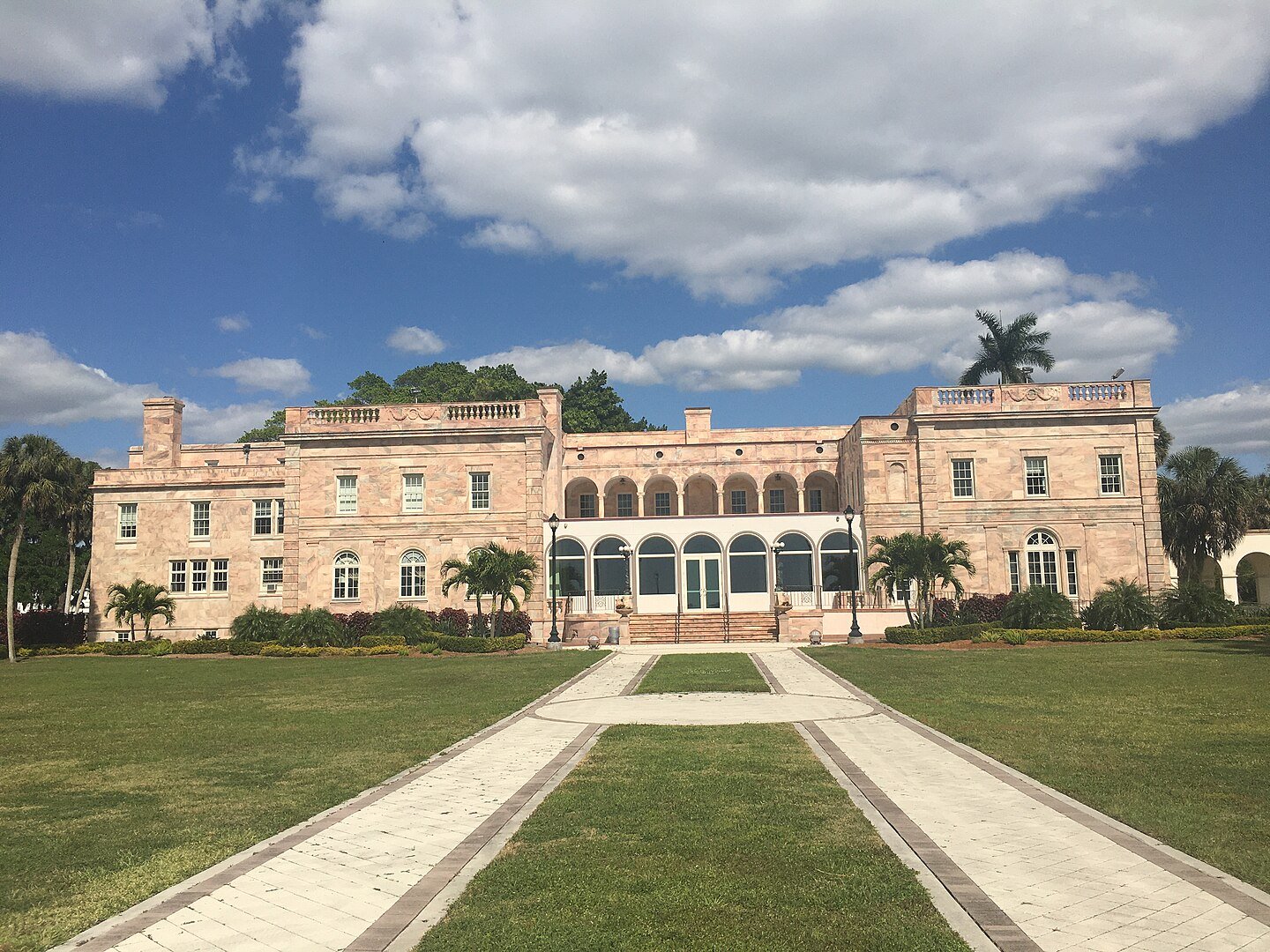
Beginning in August 2024, it was reported that New College had abandoned thousands of library books in a shocking move.
A large number of these books were from the school’s Gender and Diversity Center, including titles connected with gender studies and LGBTQ+ subjects. This activity drew the ire of the college population, which some compared to Nazi-esque book burnings, suggesting a disturbing turn in Florida’s education strategies.
“Throwing Out the Trash”

A vocal DeSantis supporter, University President Richard Corcoran attempted to downplay the incident by describing it as a “routine weeding out” of out-of-date materials.
But people were skeptical about his explanation, especially when Christopher Rufo, a DeSantis appointee, said that the disposal was “throwing out the trash,” which contradicted Corcoran’s claims.
“War on Books”
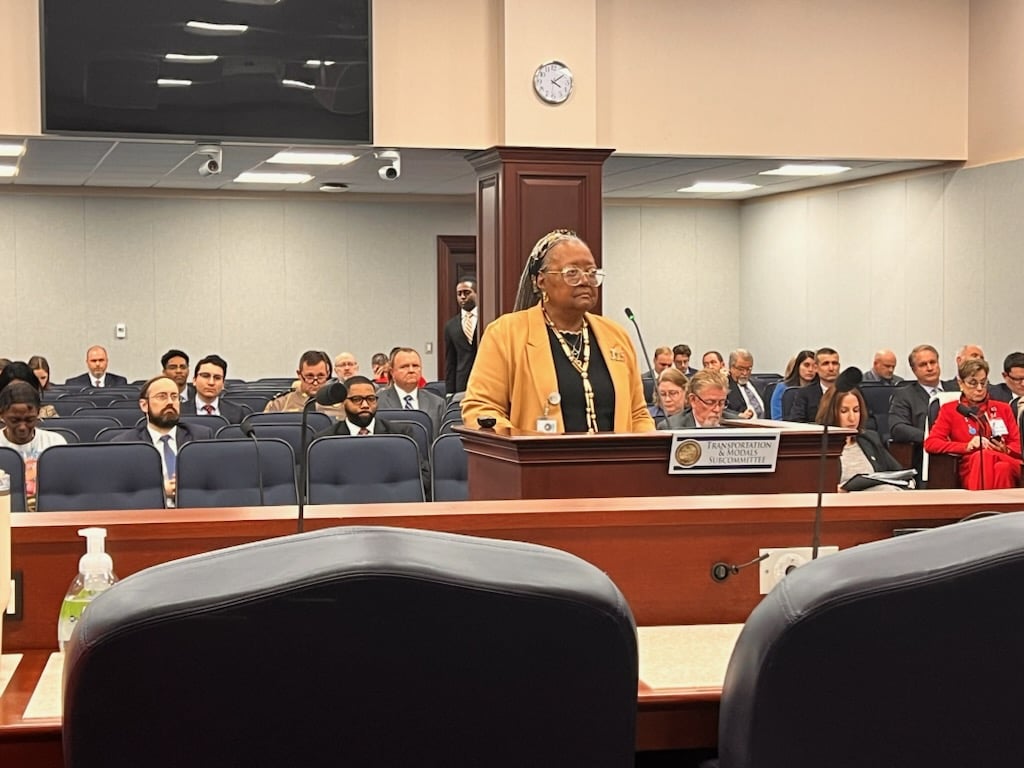
Local and national public outrage was sparked by the book dump. The act was condemned by Democratic politicians like state congresswoman Yvonne Hayes Hinson as part of a larger war on books and ideas.
Hinson stated, highlighting the broader repercussions of DeSantis’ policies on academic freedom, “This is just the latest chapter in this Republican regime’s war on books.”
UF Scandal
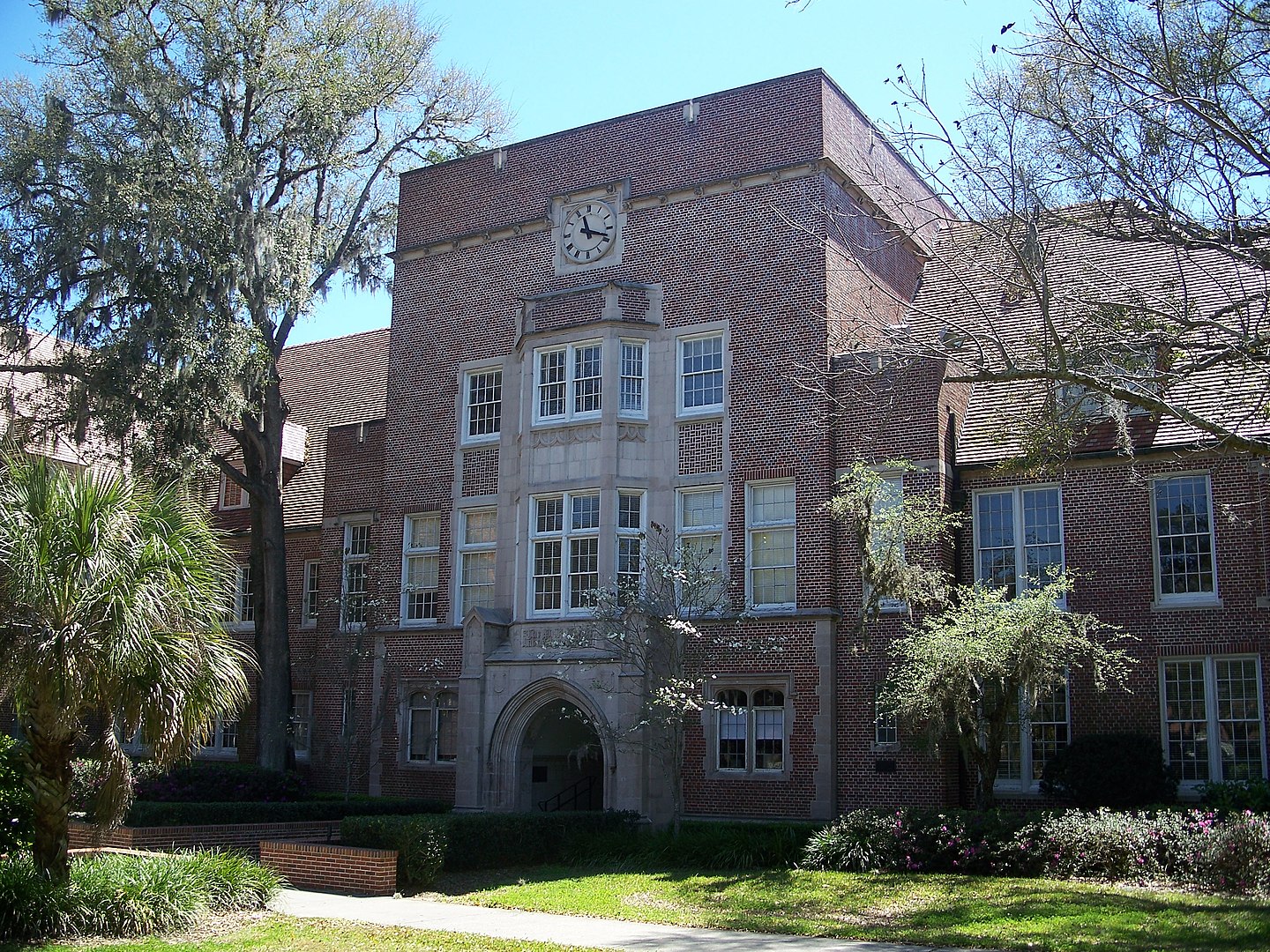
Another scandal was brewing at the University of Florida (UF) in Gainesville at the same time.
The Free Florida Gator, the college’s student paper, uncovered that former UF President Ben Sasse, selected by DeSantis, had burned through $17.3 million in his first year — three times more than his predecessor.
“Political Celibacy”

This spending spree included secret consulting agreements and lucrative positions for former political partners.
In spite of promising “political celibacy” upon his selection, Ben Sasse’s activities suggested otherwise. He hired former Senate staffers to fill top positions at the university and significantly increased their pay. His tenure, which started in late 2022 and finished unexpectedly in July 2024, has been plagued by financial scandals and internal conflict with other DeSantis representatives.
Spending Investigation

The scandal prompted the DeSantis administration to announce a spending investigation. Bryan Griffin, DeSantis’ communications director, stated, “We take the stewardship of state funds very seriously.”
However, critics liken the administration’s investigation to a case of “the wolf guarding the henhouse,” claiming that it lacks credibility. The scandals at both New College and UF are emblematic of a broader conflict over the fate of Florida’s public education system.
Resisting DeSantis’ Efforts
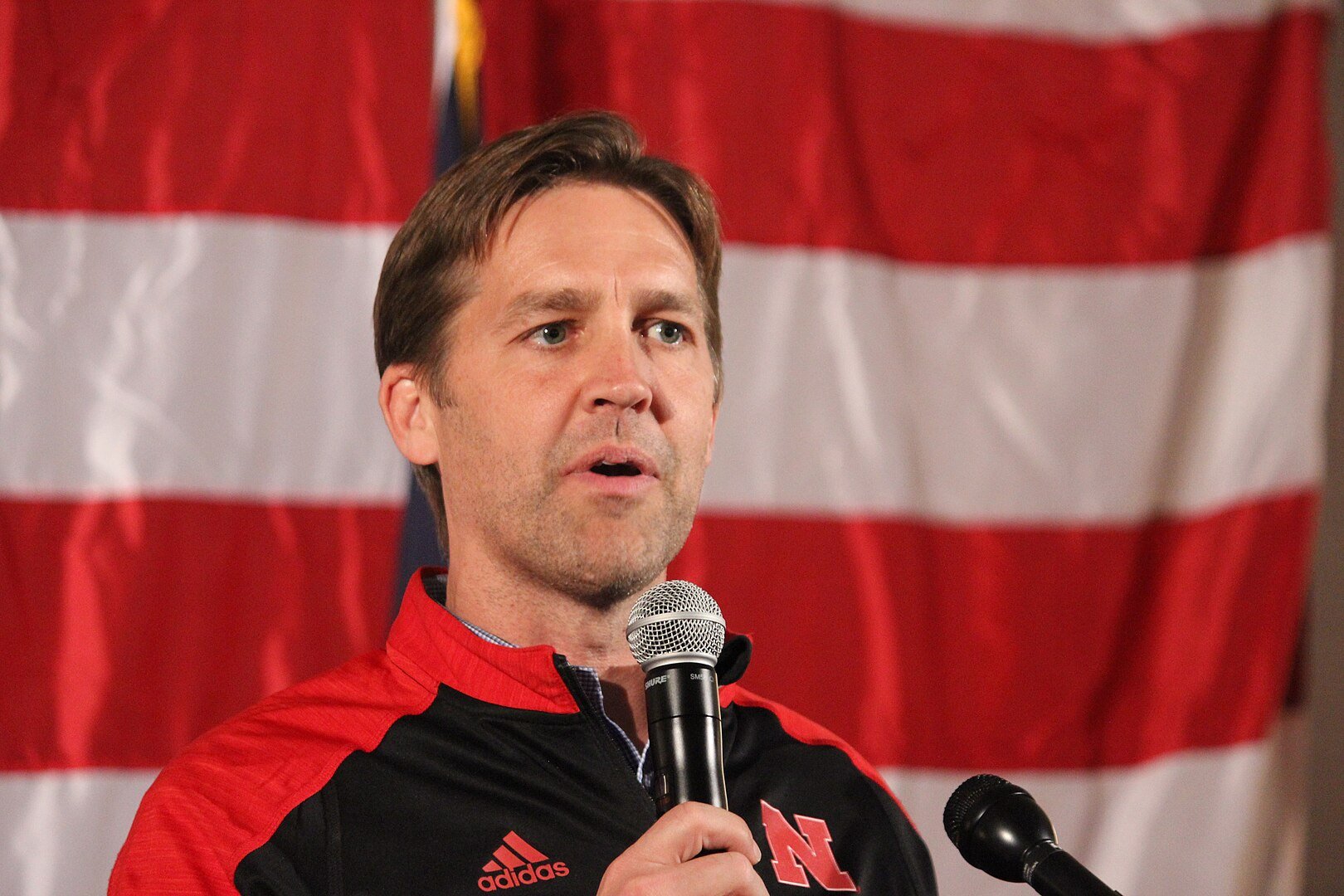
Students, faculty, and some political figures have resisted DeSantis’ efforts to eradicate “woke” ideologies, raising concerns about the viability of his policies and their impact on Florida’s academic reputation.
Their futures are still in doubt as a result of the controversy surrounding UF and New College. While the UF community is keeping a close eye on who will succeed Sasse and how future spending will be managed, students and staff at New College are concerned about the direction the school will take under its new, conservative leadership.
Long-Term Consequences
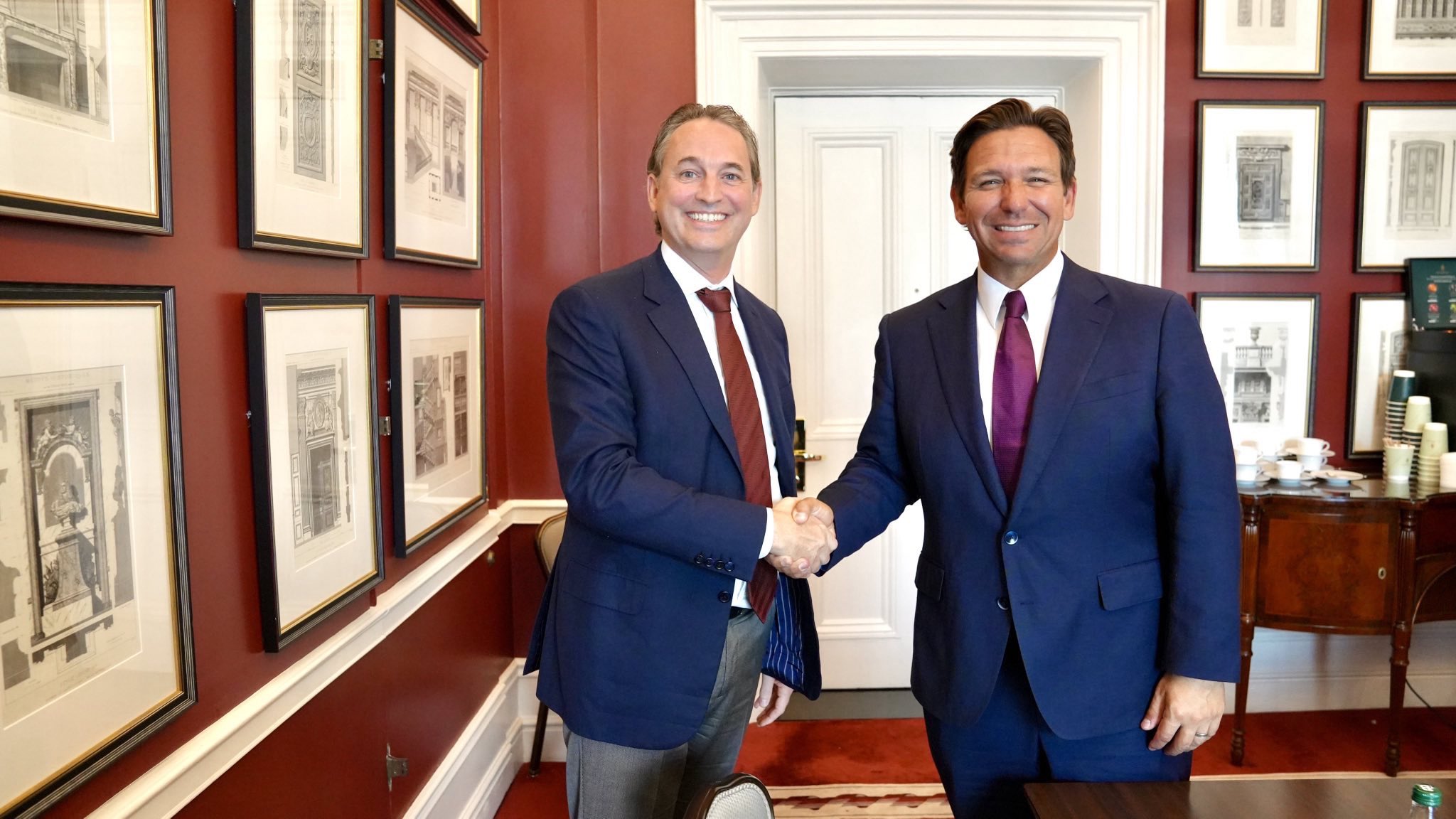
These incidents show that traditional academic values and the conservative agenda of the state government are becoming increasingly at odds in Florida’s education system.
Long-term consequences for Florida’s universities could stem from DeSantis and his appointees’ actions, which could have an impact on student enrollment, faculty recruitment, and the state’s overall academic standing.
Turning Point
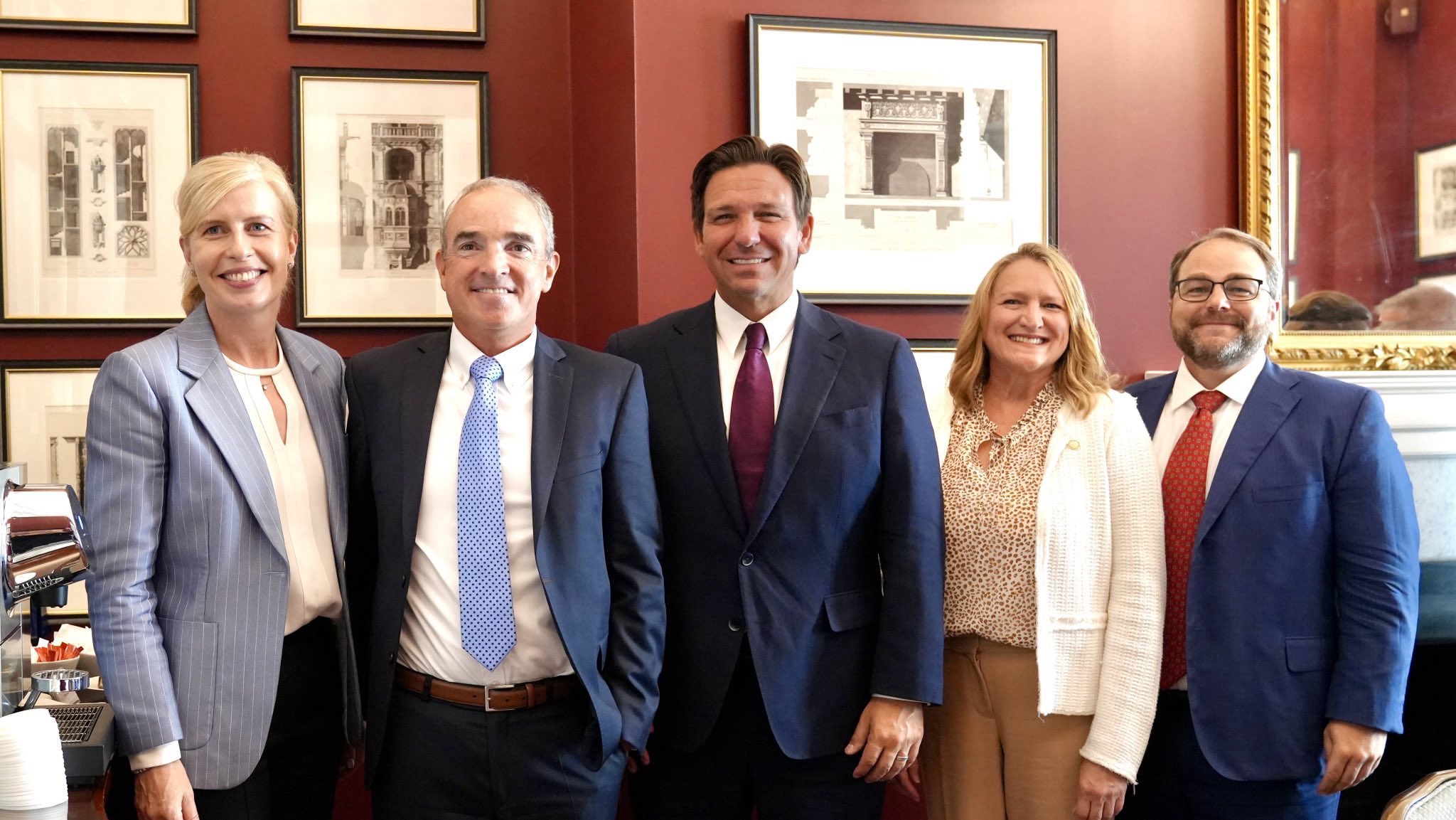
The recent scandals mark an important turning point for Ron DeSantis’ plan to improve higher education.
The governor is under increasing pressure to reevaluate his strategies in light of mounting criticism, or else he runs the risk of further harming both his own reputation and that of Florida’s educational establishments.
High Salaries

The Sasse scandal revealed that two of his former staffers, Raymond Sass and James Wegmann, were among the highest-ranking and highest-paid employees at UF.
While they both worked remotely from the D.C. area which is about 800 miles from UF’s main campus in Gainesville they received substantial salaries.
Sass’ starting salary at UF was $496,000 which is more than double the $181,677 that he earned on Capitol Hill, while Wedmann received $432,000 in a position which was previously salaried at $270,000.
